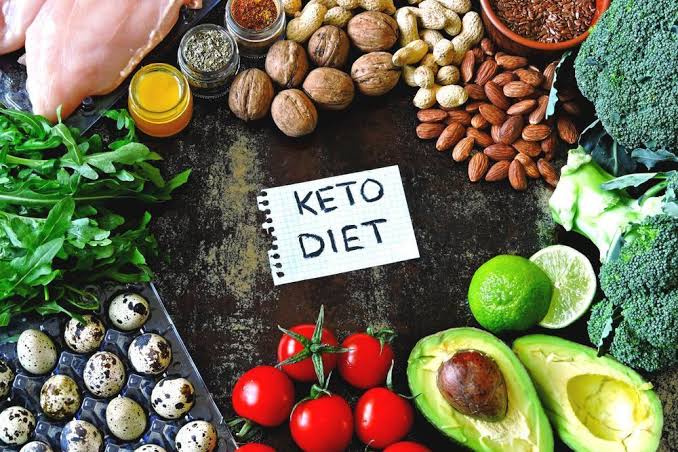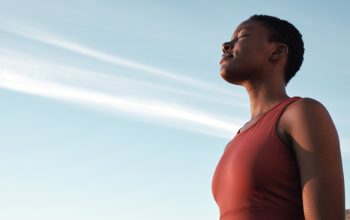
Here are some tips and tricks to help you get started with a keto diet for beginners:
- Understand the basics: The ketogenic diet is a high-fat, moderate-protein, and low-carbohydrate diet. The typical macronutrient breakdown is around 70-75% fat, 20-25% protein, and 5-10% carbohydrates.
- Limit carb intake: To achieve a state of ketosis, where your body burns fat for fuel instead of carbohydrates, it’s important to keep your carbohydrate intake low. Aim for 20-50 grams of net carbs per day (total carbs minus fiber).
- Choose healthy fats: Include healthy sources of fats in your diet such as avocados, olive oil, coconut oil, nuts, and seeds. These fats will provide energy and help keep you satisfied.
- Moderate protein intake: While protein is an important part of the diet, consuming excessive amounts can hinder ketosis. Stick to moderate protein sources like poultry, fish, eggs, and grass-fed meats.
- Stay hydrated: Drink plenty of water throughout the day to stay hydrated and support your overall health.
- Include non-starchy vegetables: Vegetables that grow above ground are generally lower in carbohydrates and can be included in moderate amounts. Examples include leafy greens, broccoli, cauliflower, zucchini, and peppers.
- Avoid processed foods: Many processed foods contain hidden sugars and unhealthy fats, so it’s best to stick to whole, unprocessed foods as much as possible.
- Read food labels: Be mindful of hidden carbs in sauces, dressings, and condiments. Read labels carefully to ensure they fit within your daily carbohydrate limit.
- Meal planning and prepping: Plan your meals in advance to ensure you have keto-friendly options available. This will help you avoid impulsive food choices.
- Monitor ketone levels: Some people find it helpful to track their ketone levels using urine strips, blood tests, or breath analyzers. This can give you an idea of whether you’re in ketosis.
- Be patient with the adjustment period: It may take a few days to a couple of weeks for your body to adapt to burning fat for fuel. During this adjustment period, you may experience symptoms like fatigue, headaches, or irritability, known as the “keto flu.” These symptoms are usually temporary.
- Consult a healthcare professional: If you have any underlying health conditions or are on medication, it’s always a good idea to consult a healthcare professional before starting any new diet.
Remember, everyone’s body is different, so it’s important to listen to your body and adjust your diet accordingly. I hope this keto diet for beginners tips and tricks article helps!


